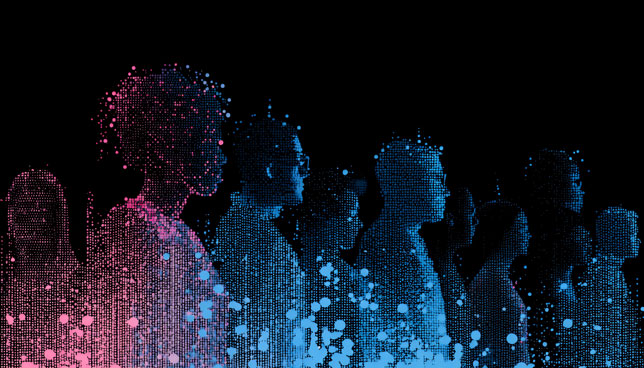
Anthropic recently reported that attackers linked to China leveraged its Claude Code AI to carry out intrusions against about 30 global organizations.

The virtual conference from the producers of Campus Technology and THE Journal will return on May 13, 2025, with a focus on emerging trends in with a focus on emerging trends in AI, cybersecurity, data, and ed tech.

DevOps platform provider JFrog is taking aim at a growing challenge for enterprises: users deploying AI tools without IT approval.

How will the technology landscape in higher education change in the coming year? We're inviting our readership to weigh in with their predictions, wishes, or worries for 2026.

Sixteen companies were selected as winners for their product achievements.

Microsoft has introduced new features within its Microsoft 365 Copilot offering, aimed at making further foothold in the enterprise, including voice-based interaction, group collaboration tools, and an expansion of in-country data processing.

According to Google Cloud's 2026 Cybersecurity Forecast, AI will become standard for both attackers and defenders, with threats expanding to virtualization systems, blockchain networks, and nation-state operations.

A recent survey commissioned by Backblaze found nearly all large organizations face hidden cloud storage charges that limit flexibility and drive data lock-in.

Microsoft and OpenAI announced they are redefining their partnership as part of a major recapitalization effort aimed at preparing for the arrival of artificial general intelligence (AGI).

Educause has released its annual Top 10 report for 2026, highlighting the most important issues for technology leaders in the coming year.